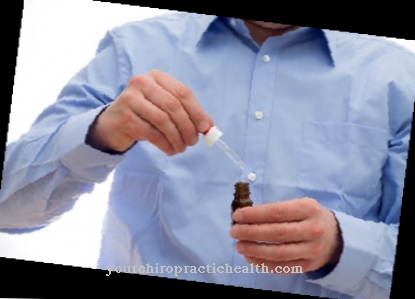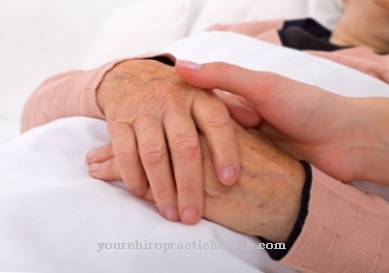"Nest protection" is the term used to describe the transfer of maternal immune cells to the baby, which equip it with the mother's immune system a few weeks after birth. During this time, the baby builds its own immune cells.
What is the nest protection?

The immune system is created through experience. Experience means that humans must have had contact with certain germs so that they can become immune to them. Vaccinations play a large part in building a healthy immune system, while other immune cells only need time after birth.
If a fetus were to build up its own immune system before birth, it would be possible for its mother's body to recognize it as foreign and subsequently reject it. Furthermore, he does not need his own immune system in the womb, because the mother's immune protection is sufficient for both.
After birth, the baby is initially exposed and comes into contact with a number of everyday germs. Without any protection, it could die from the slightest cold. So that it has time to let its own immune system mature, it receives the mother's immune cells. This happens weeks before he is born, when they are given to the child through the placenta from the mother. For example, if the mother is vaccinated against measles, the baby is also protected against it for a few weeks.
The nest protection lasts about three to six months of life, depending on the pathogen. It lasts longer in breastfed babies because the colostrum (the first breast milk) gives the baby IgA immune cells, which protect against intestinal diseases, among other things.
During this time the baby can be vaccinated, as the nest protection is already weaker before these first weeks and months of life have passed.
Function & task
In the womb, the baby cannot and does not have to build its own immune system. It could not protect itself against many pathogens, because it has never come into contact with them. Still, it will be exposed to germs immediately after birth and cannot be born without any immunity - or it would not survive long.
For this reason, passive immunization takes place in the last few weeks before the birth: immune cells of the mother's IgG type are transferred to the baby through the placenta. IgG cells develop about 6 weeks after an infection and provide lasting immune protection. They are more than a quick immune reaction.
The type of nest protection depends on the mother's immune system. For example, it protects slightly against colds if the mother had a cold a short time ago. Vaccinated mothers give their babies antibodies against measles, mumps and rubella to protect their nests. These antibodies work even better if they have suffered the corresponding illness themselves in their childhood, but vaccination of the mother also has a noticeable effect.
The nest protection continues with breastfeeding: especially in the colostrum, the baby receives an additional portion of IgA immune cells, which now affect the intestines. Children who continue to be breastfed in their first lifetime benefit longer from nest protection than bottle-fed children, which is why breastfeeding is so recommended, among other things.
Nest protection by the mother has completely disappeared by the first year of life at the latest, but during this time the baby has also had its own experience with pathogens and has formed its first immune cells. If, on the other hand, it has not had any contact with the pathogen, it loses its maternal immune protection and has to be vaccinated to be protected again.
You can find your medication here
➔ Medicines to strengthen the defense and immune systemIllnesses & ailments
The level of nest protection depends on the mother's immunity and whether the baby is being breastfed. For example, a woman who previously suffered from measles herself gives her baby greater protection against it than if she was just vaccinated. Nevertheless, a vaccination also represents a valuable nest protection for the baby - unless the mother's immunity is no longer given and the vaccination has to be renewed.
Ideally, a blood count should be carried out before the pregnancy to determine whether the woman has all the necessary vaccinations, as it may be too late for the vaccination during pregnancy and the baby's nest protection would be limited.
When the baby is vaccinated later, it should be noted how long the mother's nest protection lasts after birth. It is therefore not sensible to vaccinate a baby in the first days of life, because if the nest protection were still in place, it would neutralize the vaccination and it would be free. Therefore, depending on the type of vaccination, paediatricians wait several weeks or months before they schedule the appointment.
Breastfeeding children receive additional immune protection through their breast milk, especially against intestinal diseases. Bottle-fed children receive comparable nutrients, but no continuation of the nest protection, as bottle-fed food cannot contain immune cells.
In addition, every infection of the baby should be taken seriously, as there is no nest protection against some pathogens such as tetanus (Clostridium_tetani) and frequent diseases can indicate a serious immune deficiency in the baby. A pediatrician can clarify the suspicion.



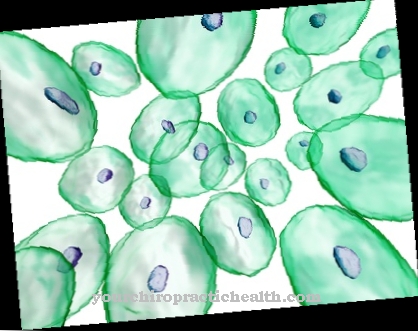




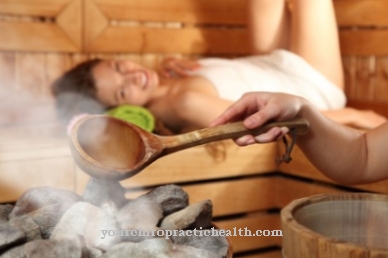
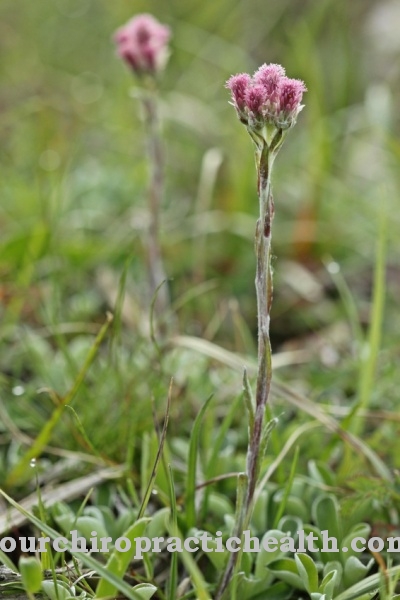
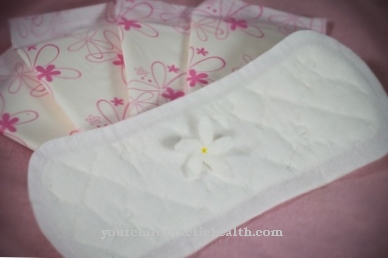
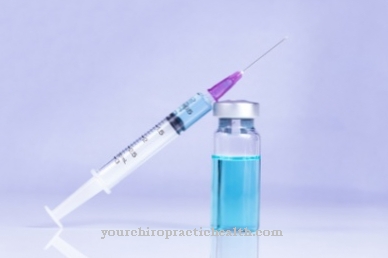
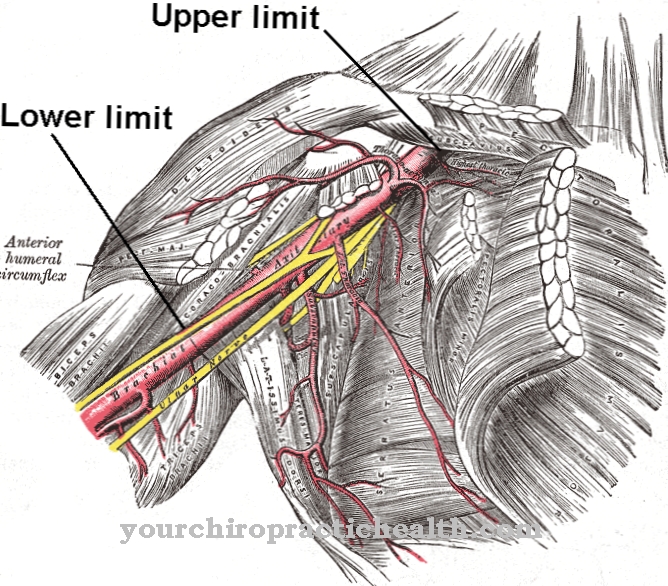




.jpg)

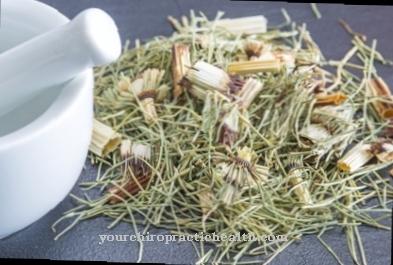


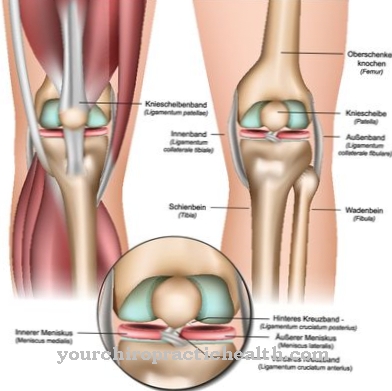
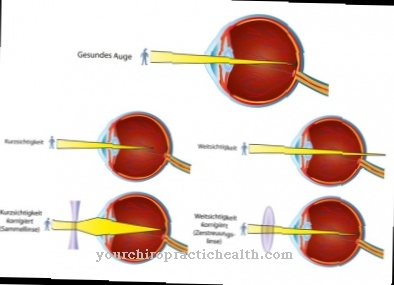
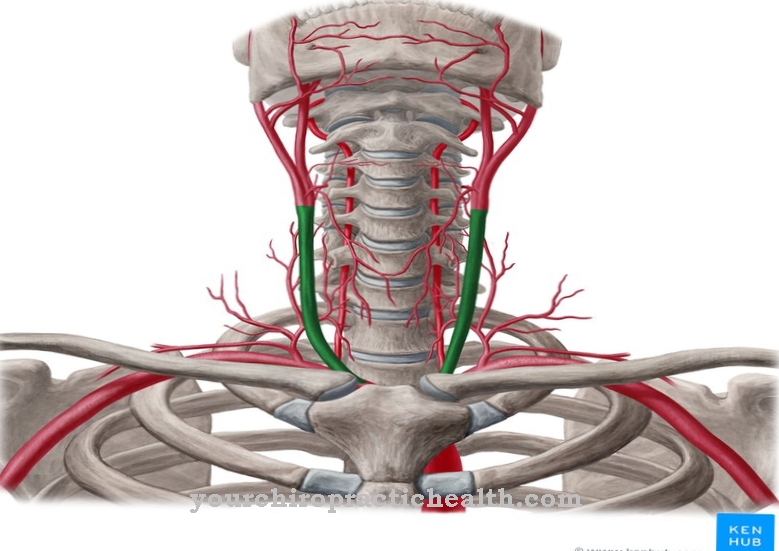
.jpg)
